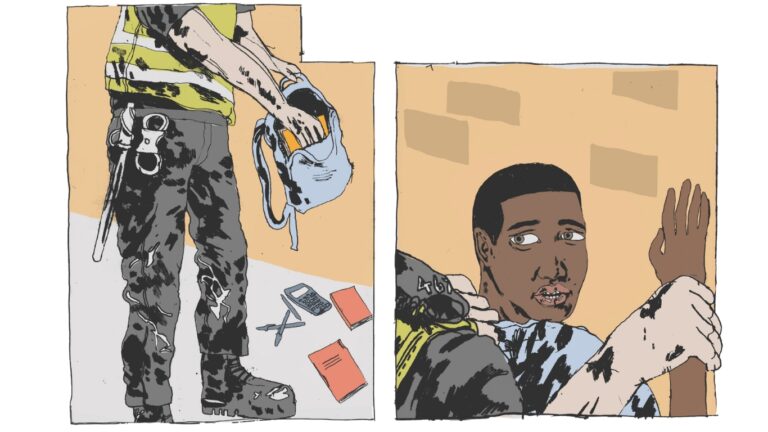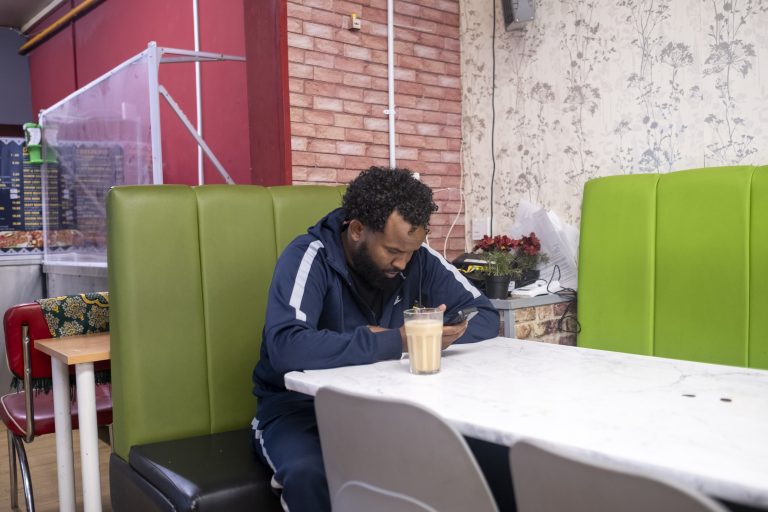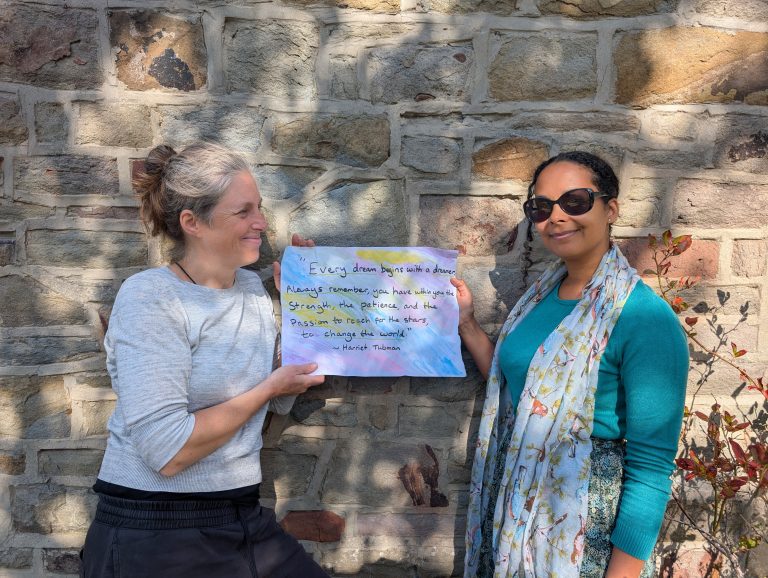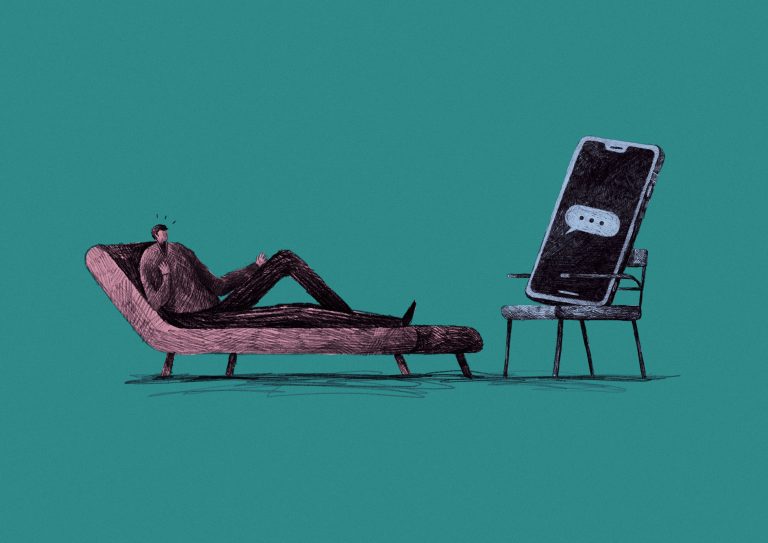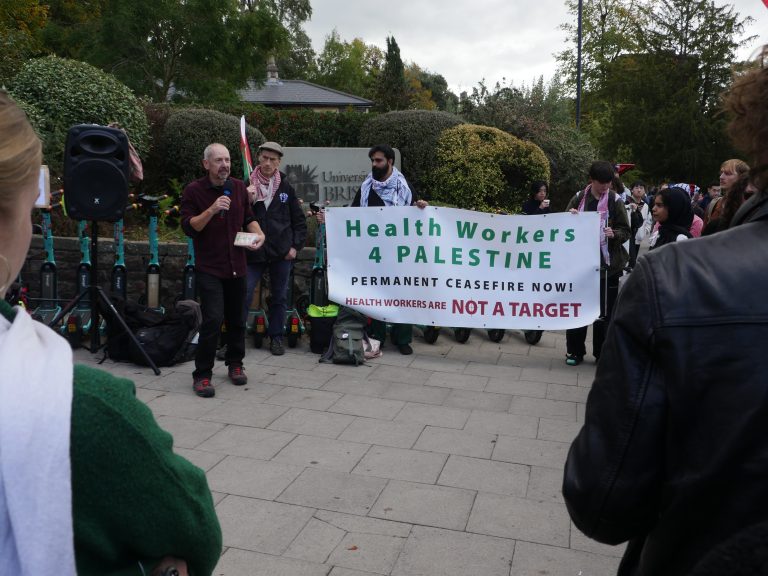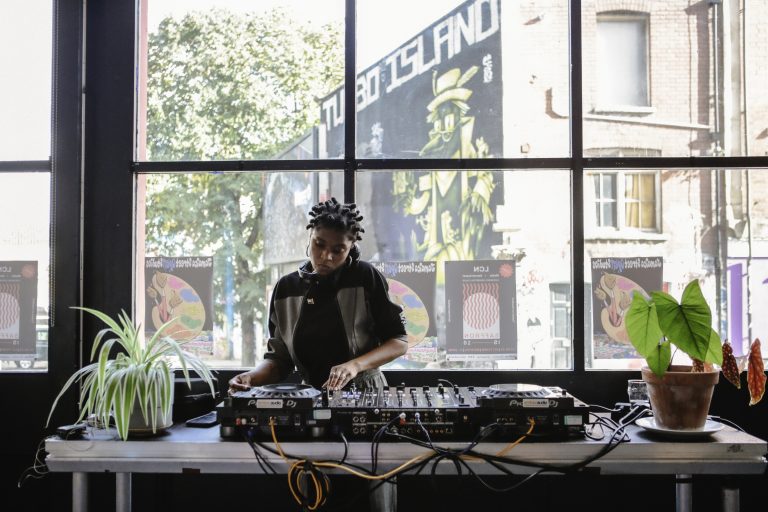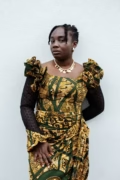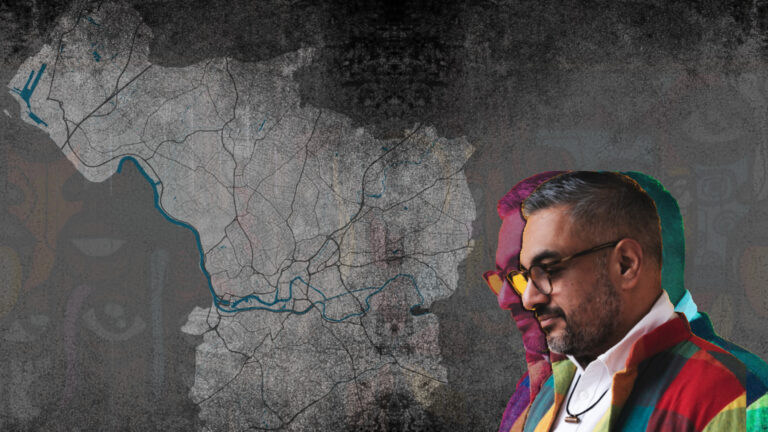Bristol: A City of Solidarity
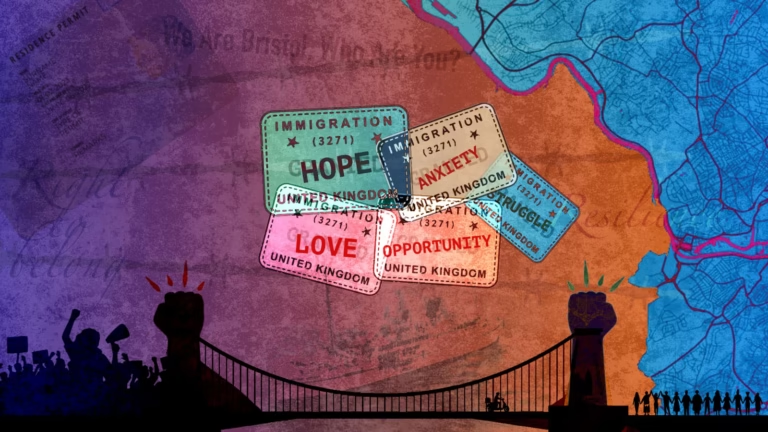
Edition 41 of The Bristol Cable is here.
We’re publishing this issue as tensions over migration flare once again.
Across the legacy media, the message is clear: Britain is full, immigration is out of control, and migrants are to blame. This rhetoric has been weaponised by the populist right the world over. Affirmed by a mainstream media who, through cherry-picked facts and strategic omissions, manufacture consent for harmful, unjust policies.
Voters are rightly angry about falling living standards. But the real culprits aren’t migrants — they’re over a decade of austerity and political choices that have fuelled inequality.
What’s left out? The real root causes of displacement: centuries of colonial plunder, the UK’s role in the arms trade, and complicity in foreign wars — including the genocide in Gaza. We can’t be shocked when people flee the very conditions Britain has helped create.
Migrants have become the ever-convenient scapegoats. We need to stop punching down and start looking up.
It’s been one year since the riots last Summer. This edition’s Big Story looks back at what they meant for Bristol, and honours those who stood up to racist hatred. Our new columnist, award-winning author Nikesh Shukla, reflects on the emotions stirred by those events.
In a rare interview, Adam speaks to a delegate from Bristol Antifascists about how they organise to face down the fascist threat. While Colin Thomas looks back at Bristol’s chequered history as a “city of sanctuary.”
But there’s celebration as well, of the cultural melting pots that make up Bristol. We don’t shy away from the harsh realities of the migrant experience, but we also shine a light on joy, resilience and community.
Olu Osinoiki’s photo essay captures the vibrant food culture of Stapleton Road. Activist and musician MoYah talks to us about how his music celebrates the resilience of migrant communities. Roshan De Stone shares stories of queer migrants finding love within the UK’s hostile visa system, with stunning photos by Sarah Currie.
This edition is personal. We have skin in the game. Many on our board and staff have lived these stories — as refugees or first and second generation migrants. Shades of melanin, which mark us out as different.
And in a first for the Cable, you can also find the stories of edition 41 on our new and beautifully designed landing page that we’ve created especially.
It includes a timeline of migration in Bristol, a glossary of terms that our journalists follow to ensure we’re getting our language right when we write on the issue of migration, as well as a round-up of the best photography from the edition. You can find it here.

